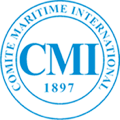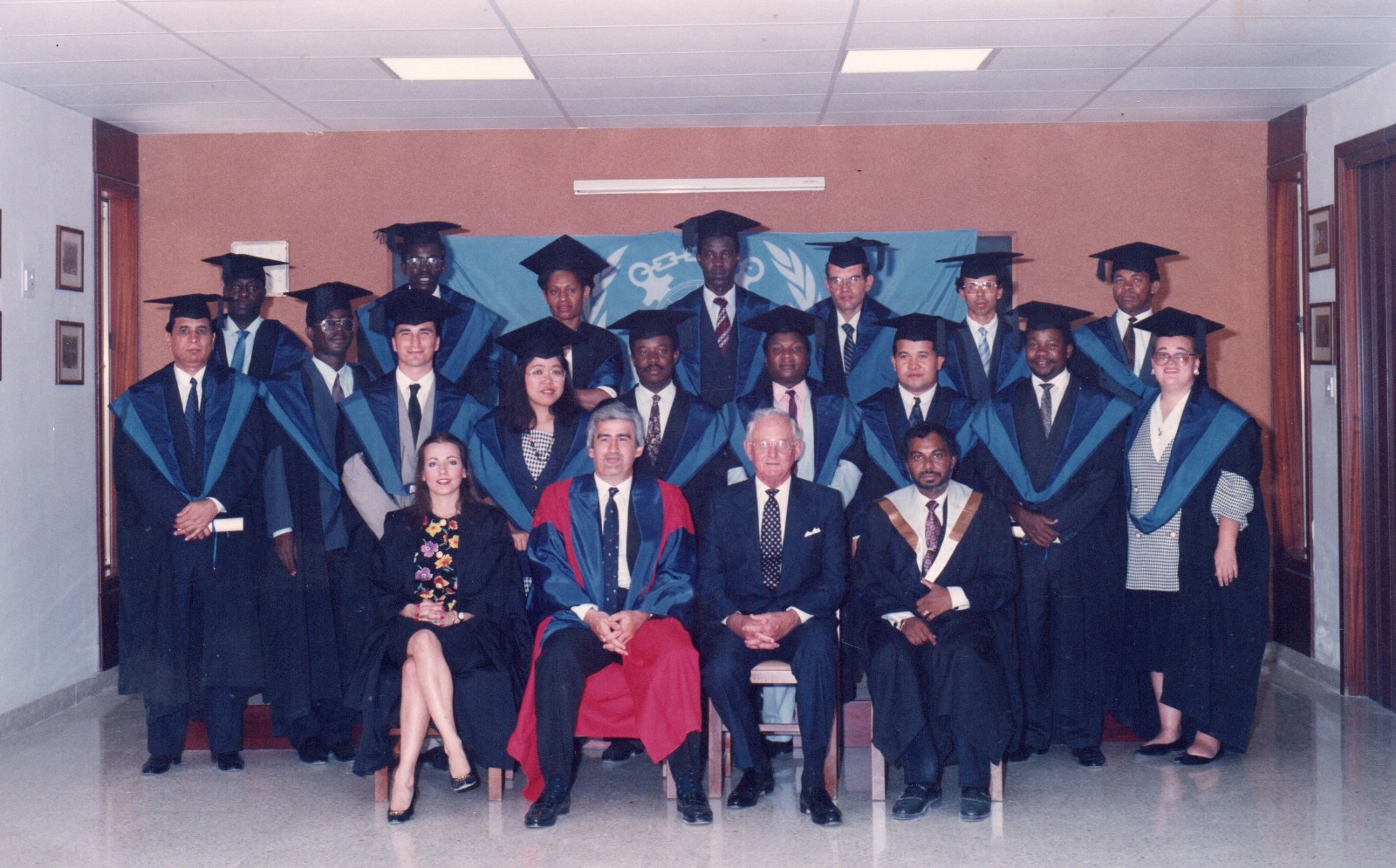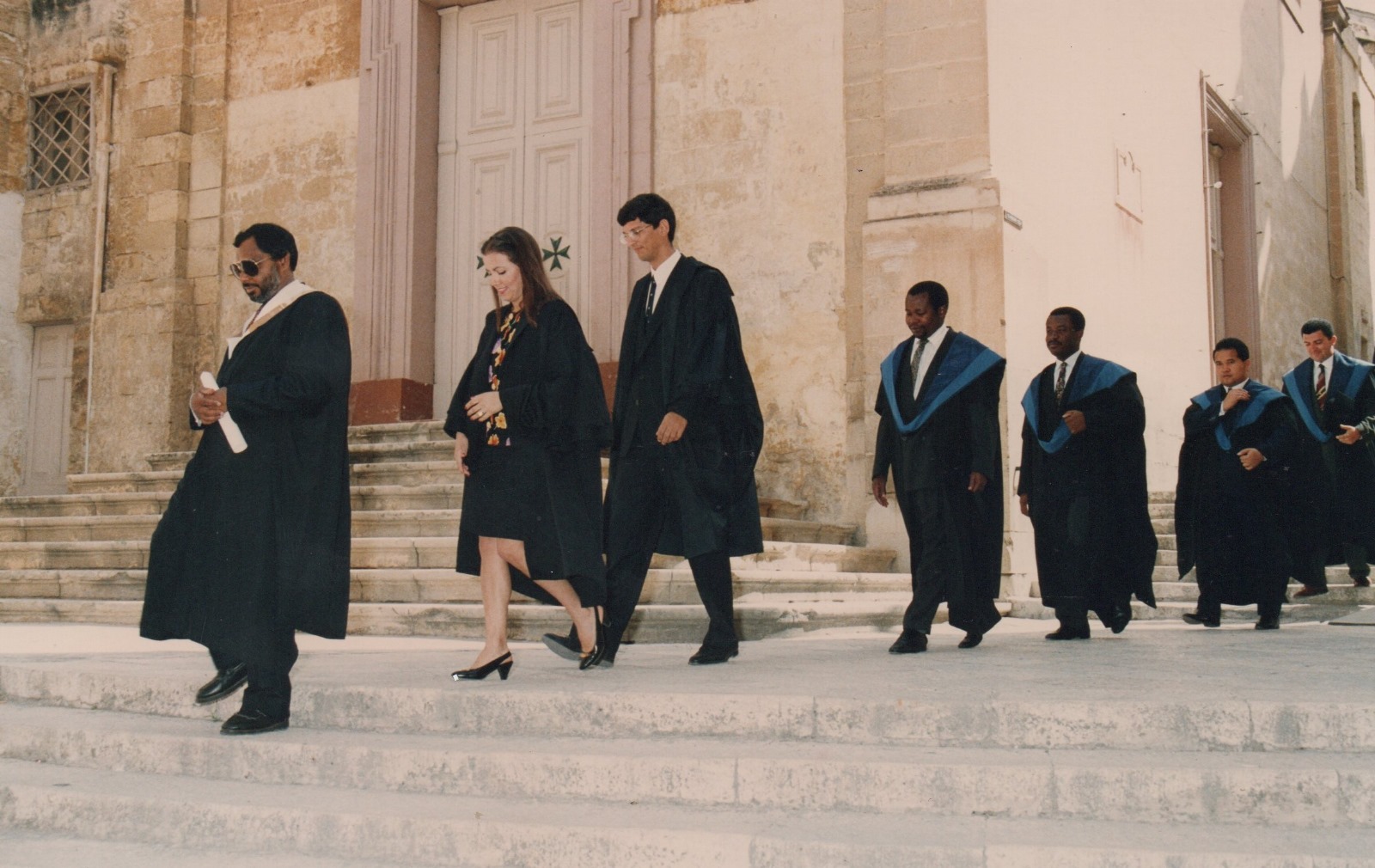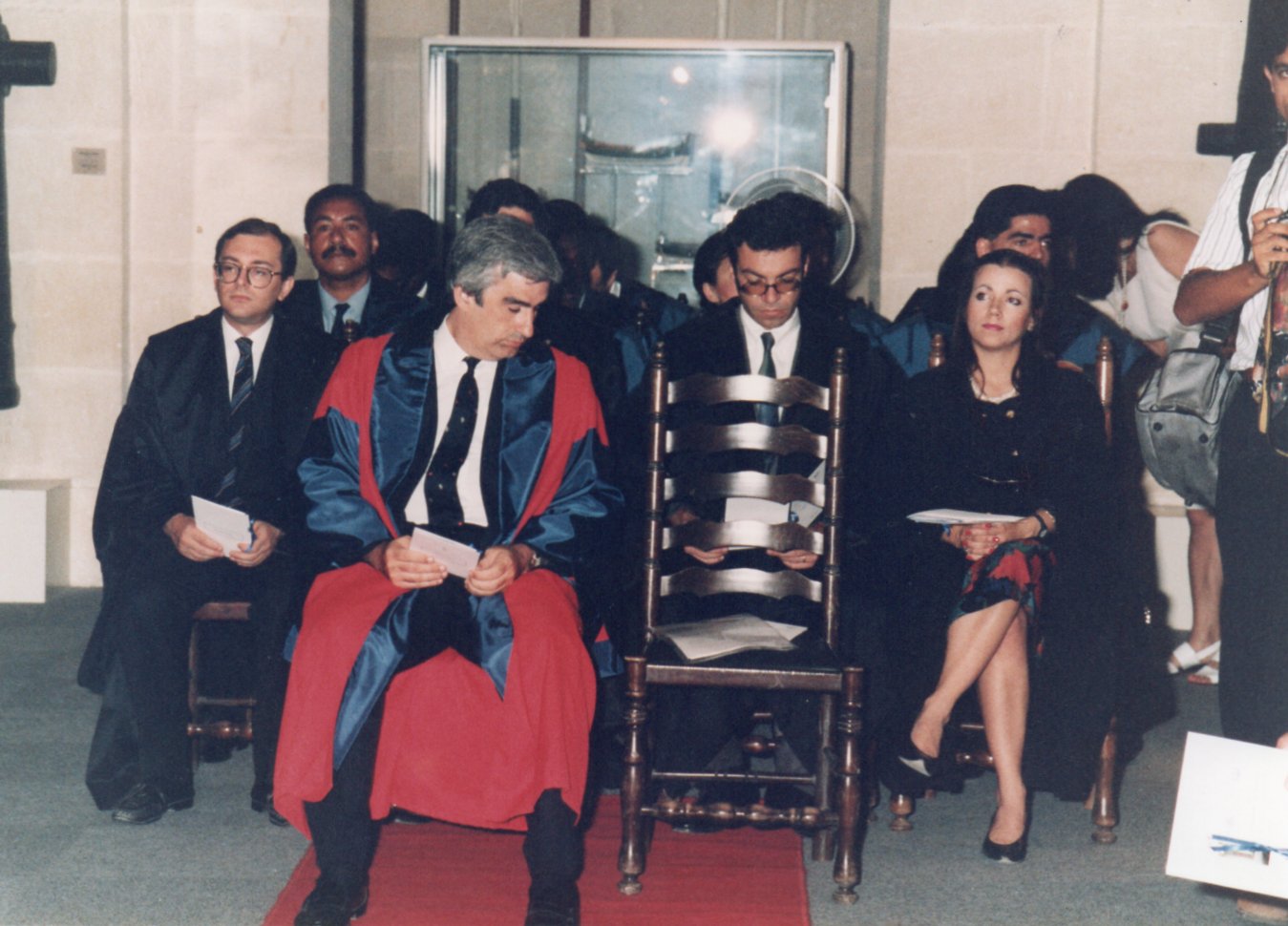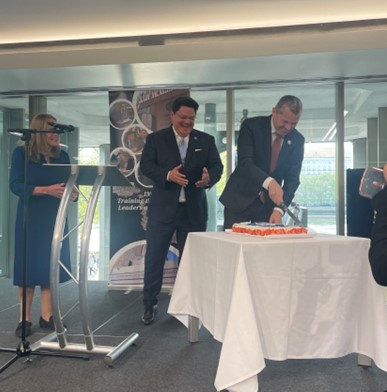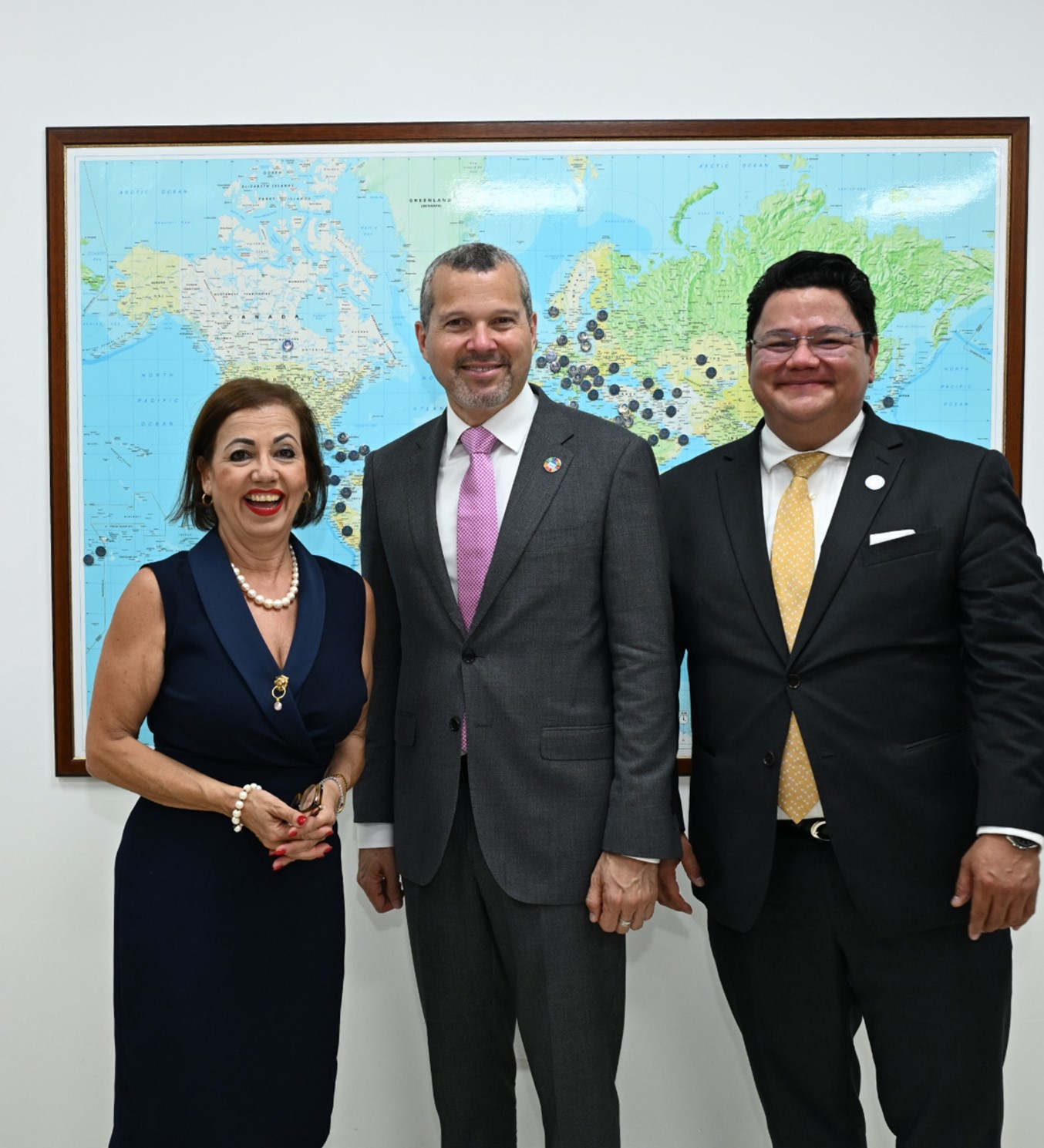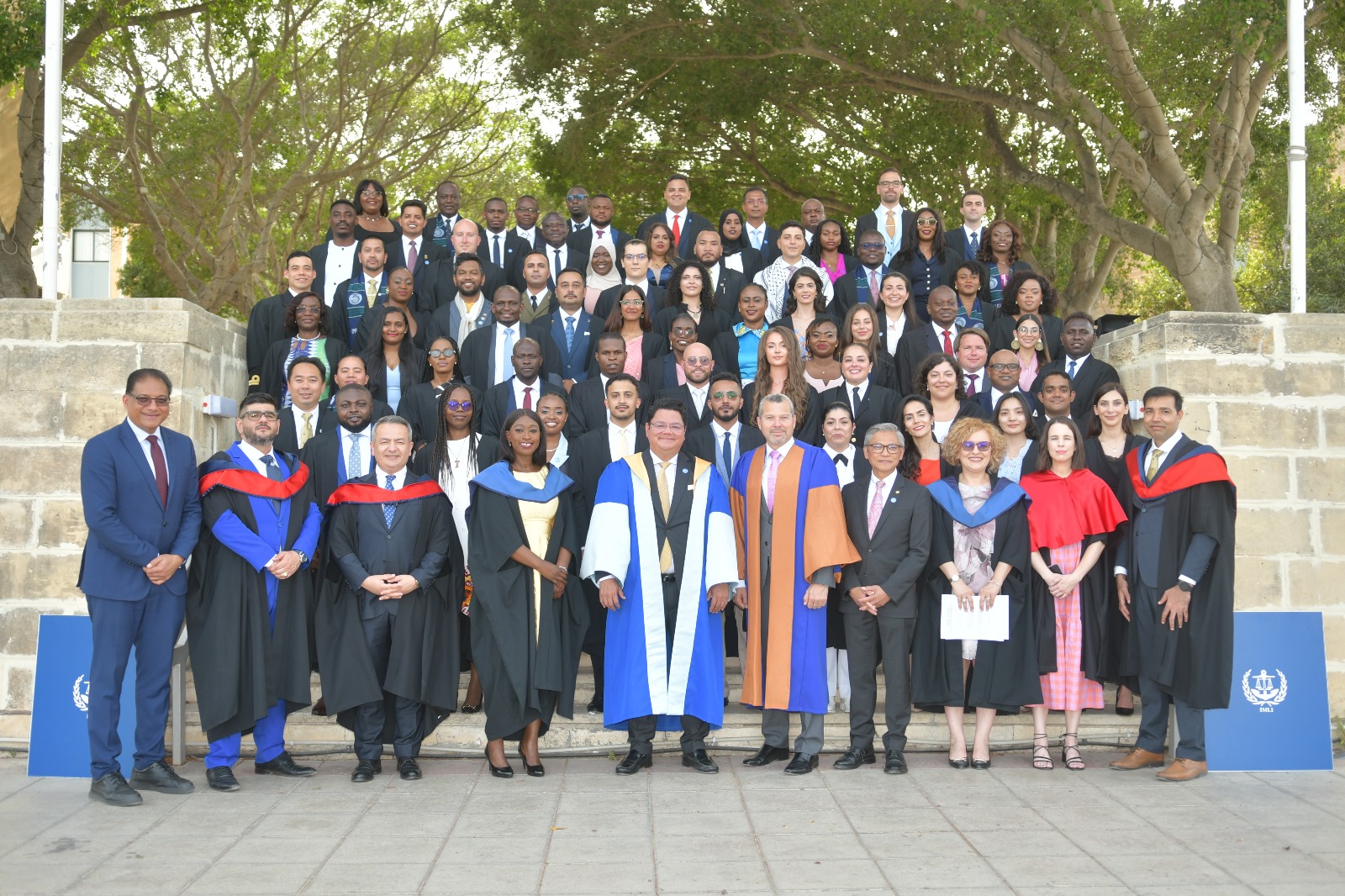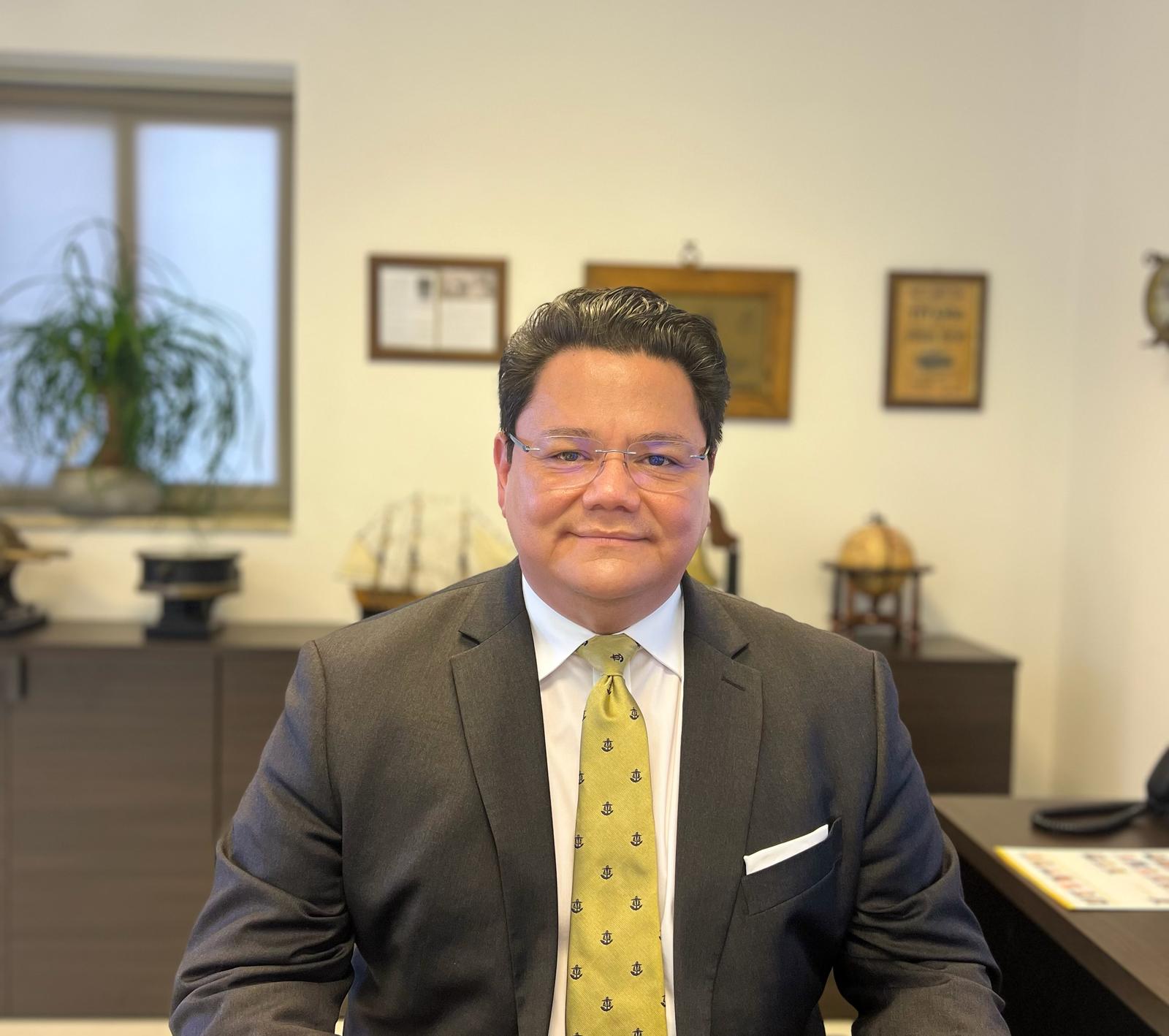Exclusive Interview with Prof. Norman Martinez, Director of the International Maritime Law Institute, a Long-Standing Consultative Member of the CMI
The Publications and Social Media Committee is thrilled to present an exclusive interview with Professor Dr. Norman Martinez, the esteemed Director of the IMO International Maritime Law Institute (IMLI), a most valued consultative member of the Comité Maritime International (CMI).
Our committee member, Daniel-Luc Farrugia, had the privilege of organising and attending this engaging discussion with Prof. Martinez, exploring IMLI’s raison d’être, its dynamic collaboration with CMI, and the challenges the Institute faces in its mission to shape global maritime law.
Q: IMLI is widely recognised on the international stage, but what is the driving force behind its mission?
A: Maritime law has a long and storied history, with organisations like the CMI playing a critical role in advancing international maritime regulation since the early 1900s. However, even after the International Maritime Organization (IMO) assumed the role of the primary global body for regulating international shipping, challenges remained in the implementation of its conventions at the national level.
While the IMO developed a robust international legal framework, many States either did not become parties to these treaties or failed to implement them effectively. A study identified two main reasons for this:
- Some States were unaware of the rights and obligations provided under the conventions.
- Others lacked the legal expertise to effectively incorporate and implement these conventions into national law.
This issue was exacerbated by traditional legislative drafting methods. In some States, implementing conventions was done through overly simplistic legislation. For instance, a typical law might have an Article 1 giving the convention the force of law and an Article 2 outlining entry into force provisions. However, this approach often failed to fulfil the harmonisation goals of the conventions. It neglected obligations that required States to take specific actions, and it sometimes ignored provisions allowing reservations or options that could align the conventions with national interests.
To address these challenges, IMO established IMLI in 1989. Its primary mission is to train maritime professionals—particularly from developing countries and especially Least Developed Countries and Small Island Developing States—in the full spectrum of international maritime law, with an emphasis on legislative drafting techniques to ensure effective national implementation of international conventions.
Q: What are the main academic programmes offered at IMLI?
A: Since its inception, IMLI has offered a flagship Master of Laws (LL.M.) programme in International Maritime Law. A unique aspect of this programme is its emphasis on legislative drafting, requiring students to develop national legislation which incorporates and effectively implements an international maritime instrument as part of their studies.
Over the years, many States sought training for officers who did not hold law degrees. To address this, IMLI introduced the Master of Humanities (M.Hum.) in International Maritime Legislation. This programme is designed for non-lawyers and provides them with essential legal knowledge to support their governments in implementing maritime conventions. While it does not aim to create lawyers, it equips participants with the tools to navigate the legal aspects of international maritime law effectively.
In addition, IMLI offers a Research Degree Programme, which includes a pathway to a Ph.D. Candidates first complete a Magister Juris (M.Jur.) in International Maritime Law. Successful candidates can then proceed to a Ph.D. programme, which typically requires two to four additional years of study.
For professionals unable to commit to a full-year programme, IMLI provides an Advanced Diploma Programme. This flexible programme can be completed in one to five years and offers specialised education in private law, public law, or general maritime law. Students undertake two compulsory credits and then select additional credits to complete their studies.
Q: What defines IMLI’s unique mission and its collaboration with organisations such as the CMI?
A: The institution is often described as a “small institution with a global mission.” I believe this phrase perfectly captures who we are. While our small resident faculty lays the foundation of our academic programme, we benefit greatly from distinguished visiting fellows who bring cutting-edge developments and practical experience directly into our classrooms.
The relationship between IMLI and CMI has been longstanding and deeply collaborative. Over the years, CMI has consistently supported IMLI in numerous ways, fostering a close and impactful synergy.
For many years, CMI has sponsored visiting fellows to lecture at IMLI, providing invaluable expertise to our students. Remarkably, the current President of CMI has been teaching at IMLI for nearly the entirety of the Institute’s existence. While reviewing our archives, I came across a series of photographs of the CMI President as early as 1990. Past CMI presidents, such as Patrick Griggs, have also made significant contributions—not just as visiting lecturers but also by serving on IMLI’s Governing Board, Academic Committee, and even supervising Ph.D. candidates.
One of the most remarkable aspects of CMI’s involvement is their recognition of academic excellence at IMLI. Each year during our graduation ceremony, CMI awards the prestigious CMI Prize for Best Overall Performance. This award not only celebrates the top-performing student but also sponsors their participation in the following year’s CMI Conference, where they are given the opportunity to present a paper.
Additionally, CMI has demonstrated remarkable generosity through its support for library acquisitions. When funds allocated for visiting lecturers are not fully utilised, CMI redirects these resources towards enhancing our library holdings. We gratefully acknowledge their contributions by marking these books with a special stamp that recognises them as donations from CMI.
Q: How do you see the relationship between IMLI and CMI evolving in the future? Are there new opportunities on the horizon?
A: That’s an excellent question. CMI has always been a staunch supporter of IMLI. Over the years, we’ve developed a symbiotic relationship where IMLI contributes to CMI’s work in several ways. For example, our students’ legislative drafting projects often assist in implementing CMI’s rules at national level. Similarly, IMLI’s research efforts frequently align with CMI’s goals, enriching its initiatives.
CMI’s contributions to IMLI’s academic programmes are equally vital. They provide invaluable support through visiting lecturers and fellows. Expanding this partnership further is something we’re actively exploring.
Q: This year marks a milestone for IMLI. Could you tell us about the events and initiatives that were organised to celebrate its 35th anniversary?
A: Absolutely! Celebrating 35 years is a remarkable achievement, and it’s been wonderful to reflect on IMLI’s significant impact over the years. To mark this occasion, we organized a series of events, starting with a seminar during the meeting of the IMO Legal Committee at the IMO Headquarters in April. It was incredible to see the hall packed with delegates from around the world. We had an esteemed lineup of speakers, including the IMO Secretary-General and a video message from Dr. Yohei Sasakawa, Chairman of The Nippon Foundation.
The seminar followed IMLI’s tradition of showcasing its work but also paved the way for something unprecedented—a full international conference in June. This was the first of its kind for IMLI, with 36 speakers from all over the globe, including South America, Europe, Africa, and Asia, participating in six panels. The panels covered topics like decarbonisation, digitalisation, maritime security, maritime safety, environmental sustainability, and, of course, capacity development in the implementation of conventions—IMLI’s core work. It was such a success that, subject to funding, we plan to make this conference a regular feature, possibly with a more thematic approach or spreading it over multiple days.
Q: How were these celebrations further enriched?
A: We also curated an exhibition for our graduation ceremony, featuring banners that captured life at IMLI across the years. Each banner highlighted different academic years, showcasing the diversity and vibrancy of our student body. It was moving to see alumni reflecting on their journeys during this visual retrospective.
Q: IMLI has a strong tradition of field trips. Were there any changes to this activity this year?
A: Yes, there was a significant change! Previously, the field trip occurred after graduation and lasted about two and a half days. This year, we restructured it into a full week-long programme, coinciding with the IMO Legal Committee meeting.
What makes this change so impactful is that students now have the chance to observe live discussions during the Legal Committee sessions. This exposure gives them a unique opportunity to incorporate the latest developments into their studies, ensuring they stay at the forefront of international maritime law.
Q: How do students benefit from participating in the IMO Legal Committee sessions?
A: Being present at the IMO during these discussions is an eye-opening experience. It helps students bridge the gap between theoretical knowledge and practical realities. They witness how dynamic and evolving the field of maritime law truly is. For instance, while their textbooks provide foundational insights, seeing these principles in action highlights how they apply—or need adaptation—in real-world scenarios. This experience is incredibly inspiring and often informs their research and future career paths.
Q: IMLI has truly had an impact on the global maritime community, can you comment any further on this?
A: Our legacy is reflected in the accomplishments of our alumni. Many have become national leaders or delegates shaping international maritime law. At any given IMO meeting, it’s not uncommon to see 10 to 20 of our alumni actively participating. They embody the mission of our institution as they lead their countries and organizations in maritime governance.
Beyond leadership, our graduates contribute directly to the progressive development and implementation of international maritime law. One unique aspect of our programme is its practical approach. In addition to exams and thesis work, students draft legislation to incorporate and effectively implement international conventions into national law. This hands-on training equips them with skills they carry throughout their careers.
Our alumni hold positions of significant influence. For example, the former prosecutor of the International Criminal Court is one of our graduates. So too are the IMO’s Director of Administration and its Director of Legal Affairs and External Relations. It’s incredibly rewarding to see how they shape the global maritime landscape.
Q: What inspires you most about your role as Director?
A: I feel immense pride in our achievements and a profound sense of responsibility for the future. Our work goes beyond shaping the current generation of maritime leaders. We’re contributing to the sustainable use of the oceans for future generations.
It’s inspiring to see the global impact of our alumni and to know that our institution plays a key role in developing the leaders who will continue advancing maritime law and governance. For me, this work is more than a job—it’s a passion.
Q: It seems like IMLI offers something truly unique. Could you elaborate on what sets its training apart?
A: Certainly. One of IMLI’s most unique aspects is its comprehensive coverage of the entire spectrum of international maritime law. This breadth is crucial, as our students come from diverse legal systems and professional backgrounds.
Before delving into specialised topics like shipping law, we ensure all students have a solid foundation. For instance, we begin with the basics of private law, such as contracts and torts, which are fundamental for understanding many shipping disputes. These foundational principles set the stage for more advanced studies, such as international trade law and maritime law.
Our approach is comparative, reflecting the varied legal traditions our students represent, including common law, civil law, and others. For example, common law often takes centre stage due to its prominence in shipping contracts, but we also examine how jurisdictions like Malta, Brazil, Italy, and Australia address similar issues.
Once students are grounded in private law, we transition to public international law, starting with foundational topics like subjects and sources of international law, the law of treaties and jurisdictional issues. This knowledge is essential before tackling complex areas like the law of the sea, maritime security, or environmental law.
A distinguishing feature of our programme is the emphasis on maritime legislation drafting. This component equips students to translate international conventions into effective national laws, ensuring they can apply their knowledge practically in their home countries.
Q: How has IMLI adapted to modern educational needs, and which are the challenges it faces?
A: IMLI recently restructured its syllabus to align with the Bologna Process and modular learning systems. This restructuring resulted in the development of six specialised short courses, which include:
- Law of Treaties
- Maritime Security Law
- Seafarer Rights
- Environmental Law
- Ocean Governance
- Peaceful Settlement of Maritime Disputes and Boundary Delimitation
These courses address the evolving needs of modern maritime law and provide focused expertise in key areas. They are embedded within IMLI’s programmes but can also be taken as standalone courses.
Unlike State-funded universities, IMLI operates solely on donations. It relies on support from governments, international organizations, and entities like the CMI to sustain its programmes.
Despite these financial challenges, IMLI remains committed to giving back to the maritime community. During the pandemic, IMLI shifted to online learning and, post-pandemic, adopted a hybrid model. This transition enabled IMLI to offer one free seat in each short course to every IMO Member State. This initiative allows each State to send officers to up to six free courses annually, strengthening global maritime capacity.
Looking back, the growth has been remarkable. When I was a student here in 1997, there were just 17 of us. Today, the demand for maritime law education has grown significantly.
Yet, our commitment to quality is at the heart of everything we do. We expand thoughtfully to preserve the personalised and intimate learning environment that defines us. Our low student-to-lecturer ratio is one of our defining strengths, allowing us to provide individual attention to each student.
This focus ensures that our students not only receive top-tier academic training but also feel supported as individuals. It’s this balance that has allowed us to create a family-like atmosphere and produce graduates who excel in both their personal and professional lives.
Q: That sounds incredibly intensive. How do students manage such a rigorous programme in just one year?
A: It is indeed a demanding programme, but we offer robust support to ensure students succeed. Each student is assigned an academic supervisor for their dissertation and legislative drafting projects. Additionally, we provide a personal or moral tutor to address any issues outside their studies—whether personal or logistical—that might affect their progress.
This holistic support creates a close-knit and nurturing environment, often described by students as a family. While the programme’s intensity is undeniable, we take great care to ensure our students have the resources and encouragement they need to thrive.
Ad Multos Annos IMLI!
